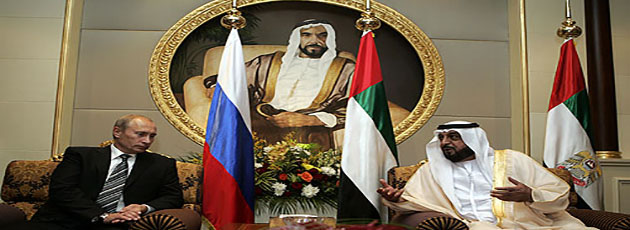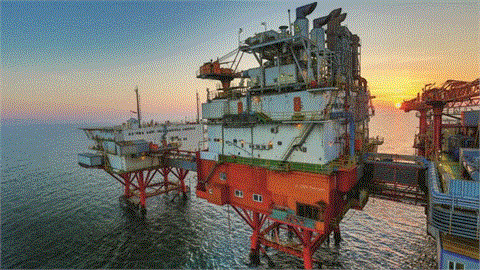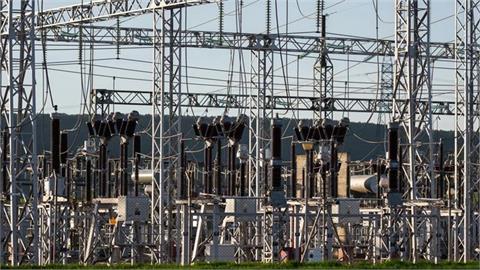by Samuel Charap* When Russia is invoked in analysis of outside powers’ role in the Middle East, it is often thought of in two related ways: either as a shrunken Soviet Union or as a potential regional security guarantor should the United States abdicate that role
When Russia is invoked in analysis of outside powers’ role in the Middle East, it is often thought of in two related ways: either as a shrunken Soviet Union or as a potential regional security guarantor should the United States abdicate that role. Following the 2013 IISS Manama Dialogue, a Gulf leader was quoted as saying: ‘the Russians have proved they are reliable friends … As a result, some states in the region have already started to look at developing more multilateral relations, rather than just relying on Washington.’ This particular statement was alleged to have been fabricated, but the sentiment contained therein is broadly reflective of regional elite opinion about Russia. The implication is that Russia seeks clients, as the Soviet Union did; is active in the region largely to compete with the US; and could, if asked, step in to displace or supplement the US regional role. Despite all of the headlines generated by the Ukraine crisis, however, Russia is not a shrunken Soviet Union, nor is it in a position to replace the US in the region.
While the Soviet Union had global ambitions and reach, Russia has neither. The Soviet Union was engaged in a global ideological competition with the US that created imperatives to seek influence and connections everywhere. That ideology also gave it a presence in many regions via communist parties, workers’ movements, or governments with anti-Western policies. In contrast, post-Soviet Russia lacks both the ideological impetus and the geopolitical imperative to compete with the US in every region. Moreover, despite the country’s economic recovery during the Putin era, it lacks the resources to project power – be it hard power, economic power or soft power – in the way that the Soviet Union did.
Post-Soviet Russia is a qualitatively different kind of outside power for the Middle East than the US. Firstly, it does not value what could be called ‘regional public goods’ enough to sacrifice for and provide them on its own – beyond its immediate neighbourhood, that is. Russia has not created military alliances, nor even offered security guarantees, beyond its neighbourhood. Moreover, it has no interest in doing so. This means that Russia does not have to balance its national interests in the region against broader objectives, a dilemma the US faces regularly due to its focus on regional public goods and its commitment to allies’ security. For the US, goals such as maintaining stability in energy markets and countering Iran often trump worries about extremism or human-rights concerns. For Russia, however, there are no similar balancing factors that prevent it from pursuing its more narrow national priorities. While extremism is arguably an equal threat to both the US and Russia, the two countries focus on this problem in completely different ways.
* Senior Fellow for Russia and Eurasia, IISS
(www.iiss.org/)




